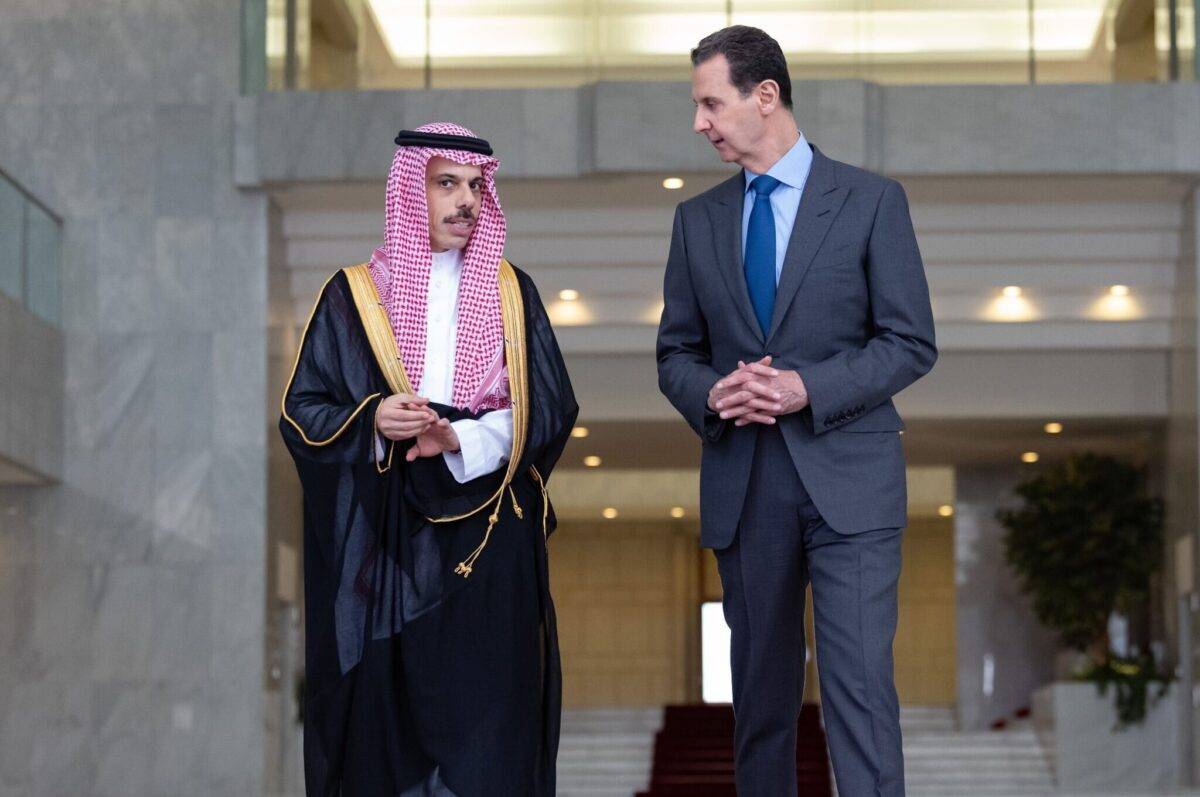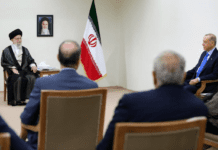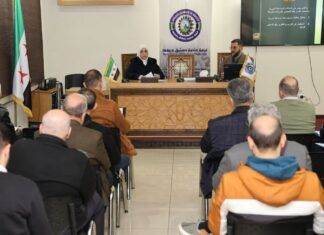
Saudi authorities have turned back dozens of Syrian pilgrims from liberated areas in northern Syria, preventing them from performing the Hajj pilgrimage and returning them to Turkey. This development comes amidst the backdrop of the Kingdom’s recent rapprochement with the Assad regime, exposing an interplay between politics and religious affairs.
According to a source from the Syrian Hajj and Umrah Authority, 1,720 Syrian pilgrims from northern Syria and Turkey have arrived in Saudi Arabia this year for the Hajj. However, 44 pilgrims were sent back to Gaziantep Airport in Turkey due to document issues.
The source detailed that the majority of the pilgrims had valid documentation and passed the Kingdom’s security checks. Yet, “minor errors” in eight cases, which the Assad regime has pledged to correct, led to their temporary rejection. Thirteen other individuals faced rejection for “security reasons,” with four being deported and the remaining barred from entry.
Specific issues ranged from poor-quality passports that could not be read by scanning devices to passports with defects, such as distorted stickers. Despite these setbacks, these individuals are not banned from future pilgrimages and are eligible to attempt the Hajj next year with proper documentation.
The role of passports issued by the National Coalition for Syrian Revolutionary and Opposition Forces has come under scrutiny. Ibrahim Zbibi, the coalition’s media coordinator, addressed these concerns, stating that the coalition is actively working to resolve the issues and denying that the coalition currently issues passports. He emphasized that the rumors of widespread arrests of Syrian pilgrims were unfounded, noting that about 2,000 pilgrims have successfully entered Saudi Arabia.
Zbibi highlighted that the problems faced by a limited number of pilgrims are being addressed by the Syrian Hajj Authority in coordination with Saudi authorities. He also recalled the surprise and disappointment last year when passports issued by the coalition’s Immigration Department were exhausted just before the registration and payment deadline for the Hajj.
The Kingdom’s actions occur in a sensitive political context, following its renewed ties with the Assad regime. This situation has cast a shadow over the annual religious event, bringing to light the delicate balance between political alliances and the facilitation of religious duties for pilgrims from conflicted regions.
For many Syrians from liberated areas, the Hajj pilgrimage is not only a religious obligation but a rare opportunity to travel and connect with the broader Muslim community. The return of these pilgrims has sparked discussions about the wider implications for Syrian nationals amid shifting political landscapes in the region.








